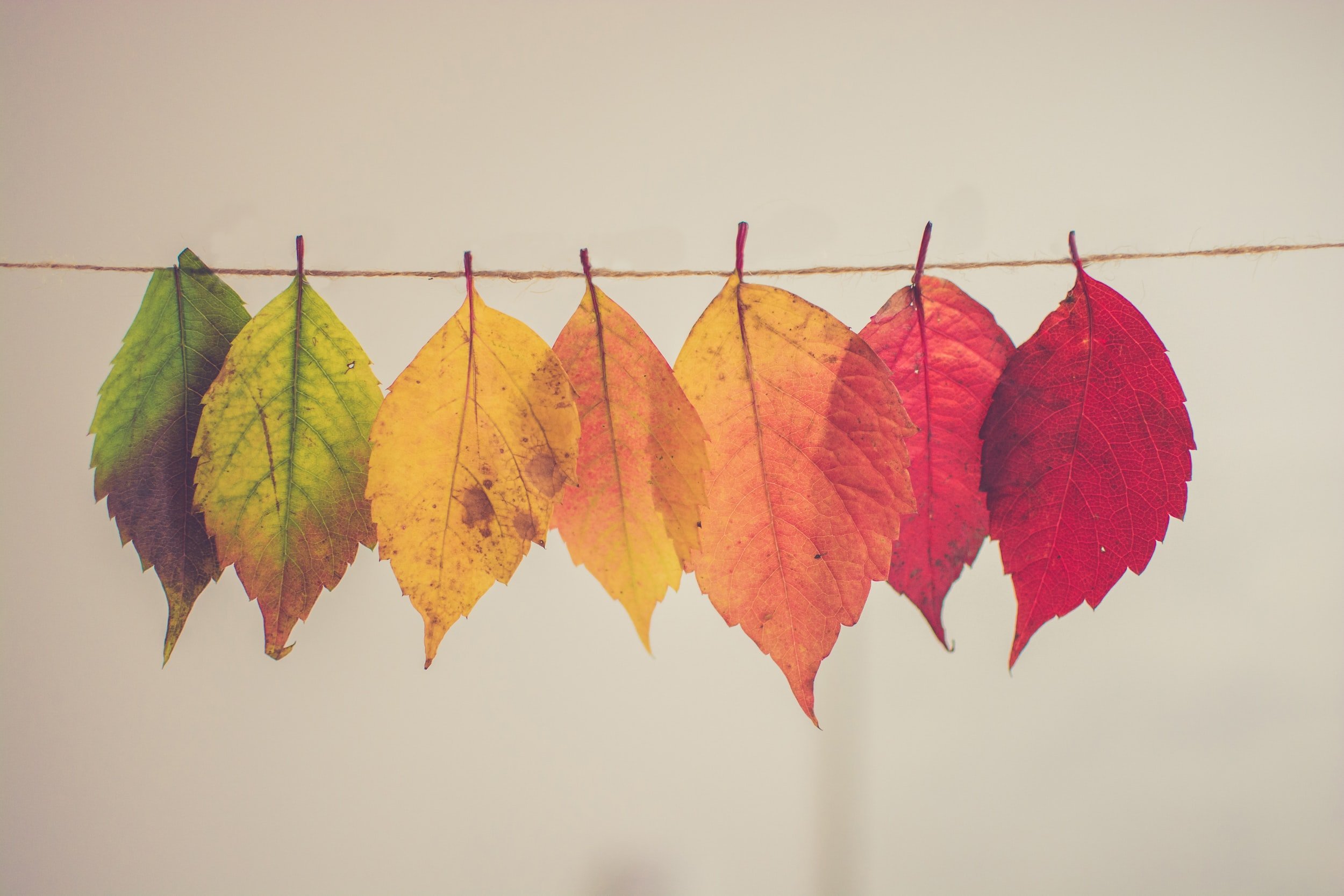Bambooty Washing Instructions
-
Before using your new Easy nappies by Bambooty, please prewash to remove any manufacturing residues.
Soaking the nappies in water overnight seems to help build up the absorbency in the nappies. Keep in mind that bamboo takes up to 8 washes to maximise its absorbency. We do not suggest that all 8 need be done prior to using the nappies, however please keep this in mind.
-
Keep nappies in a dry lidded nappy bucket until a load for washing has accumulated. There is no need for dangerous buckets of water full of chemicals around the house.
Wet nappies can be placed straight in the dry bucket although saturating them with a nappy/toilet sprayer/bidet or under the tap will increase the longevity of your nappies as wee is very acidic (actually alkaline, but has an acidic effect on fabrics) and will wear the fabrics and elastic faster.
Soiled nappies are very similar. Simply dispose of your nappy liner if using one, tip rolling poos straight into the loo or rinse off the poo by using a toilet/nappy sprayer/bidet or tap water, and saturate before placing in your lidded nappy bucket.
Pre-rinse, particularly soiled nappies.
Throw in some powdered detergent (don't over do it to start with, less is more for your pocket and the environment, do add more though if you need to).
If you aren't happy with the washing results you are getting, then alter things. Some suggestions include: a longer wash, a soak in the wash cycle, adding some more detergent, trying a different detergent, rinsing asap after changing if you weren't already.
Suede cloth is stain-resistant, and any residing stains are best treated by the sun only.
Drying- The sun is the best, however if drying nappies in the sun is not possible gas or electric dryers can be used. Gas dryers are faster and cost less to run.
NURSING PADS- Please wash your nursing pads the same as the nappy cleaning instructions. Please note these can take longer to dry than you think, due to the waterproofing.
Whenever possible it is a good idea to leave them drying longer than you think necessary to ensure they are thoroughly dry all the way through.
SWIM NAPPIES- Swim nappies that are simply wet from the water baby was swimming in can be treated just like their swimmers/rashie/hat, although best to dry them inside out in the sun whenever possible.
Soiled swim nappies should be rinsed to remove any solids, then washed in the washing machine as per regular nappy washing above.
RASHIE AND HAT- After use, rinse thoroughly in cold water, gently, yet firmly squeeze dry. Hang to dry in the shade for the sake of longevity of the product, sunshine is never a bad thing, only it will decrease the lifespan of the elastane in the fabrics.
To speed up drying time or before placing in your wet-bag, lay flat on a towel, roll up the towel and twist or stand on the towel, this will remove a lot of the water from the rashie, hat and swim nappy in particular.
-
Do not use bleach, fabric softeners, or vinegar.
Do not use products containing enzymes.
-
Baking soda increases pH, neutralises odours and breaks down residues which may be causing leaks and unwanted smells. Use it occasionally in the wash, in the dry nappy bucket, or as a separate wash for nappies with a residual stink, if needs be. Regular use may lead to a shortened life span of your nappies.
Every day Bambooty nappies are designed to be used in a rotation of 18-24 nappies lasting you roughly 3 days. Therefore we are presuming you are washing your nappies every 1-2 days so that of course they will be dry and ready to use again on day 4.
Whilst most detergents (excluding fabric softeners and bleach) are unlikely to do any harm to your nappies, please do thorough research about the ingredients in your chosen washing powder, search for the pros AND cons of a substance, question whether you want those particular chemicals in your home or on the clothing you wear every day and night! Particularly in the warm moist environment of a nappy. Whilst most of the detergent will be rinsed off, not all of it will be as they can cause some allergies to some people, as well as leaving behind a smell.



